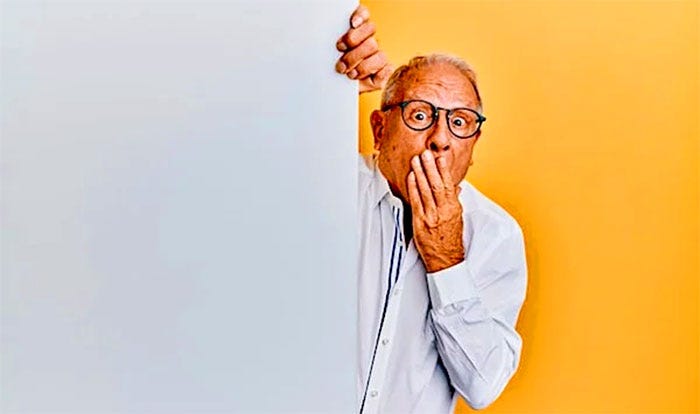Alarming scheme to sedate patients to obtain assisted suicide consent
'Health care' being replaced by 'death care'

Amanda Vicinanzo - Live Action News - NOV 5, 2023
In the ever-evolving landscape of health care, a troubling shift has taken place. Once staunchly dedicated to preserving life, the health care profession is increasingly preoccupied with hastening death through the controversial practice of medical assistance in dying (MAiD). As National Review highlighted in a September article, health care has been pushed out in favor of what can only be described as “death care.”
During a 2021 panel discussion at a training seminar hosted by the Canadian Association of MAID Assessors and Providers (CAMAP), a disquieting scenario was presented for consideration: What actions should be taken if an individual who had willingly signed a waiver suddenly starts retracting their consent, displays signs of distress, pulling away their arm, or exhibits other forms of resistance?
Currently, Canadian law prohibits assisted dying if a patient verbally, physically, or through gestures shows signs of refusing or resisting it. However, a significant turning point came during the panel discussion where the participants explored ways to bypass this rule, even going so far as to discuss sedating patients to obtain their consent. Many view this moment as a milestone, signifying the introduction of “death care” within the Canadian healthcare landscape.
In recent years, “death care” has gained momentum not only in Canada but also in Belgium, Australia, France, Spain, the Netherlands, and several U.S. states. For instance, in Belgium, when a 36-year old woman with terminal cancer survived a failed lethal injection, the attending physician resorted to suffocating her with a pillow. In another case, in the Netherlands, a physician’s use of sedation to influence a patient’s consent to euthanasia led to the first-ever criminal trial of a euthanasia doctor. The doctor was ultimately acquitted.
“The effect of legalizing death care is not just the hostile takeover of medicine,” the National Review article stated. “It hurts those who are the most vulnerable, those who want not to die but to be helped.”
This slippery slope led the Swiss Medical Association to issue a statement saying “assisted suicide for healthy persons is not medically and ethically justifiable.” The statement was not unfounded. Assisted dying, once reserved for the terminally ill, has become less and less restricted with time.
In fact, in Canada, an expansion of MAiD to include mental illness that was once delayed is now expected to resume on March 17, 2024. Sadly, as Live Action News previously reported, over 10,000 Canadians were killed by assisted suicide in 2021 and those numbers are considered to be underreported. This is also set to include those who are addicted to drugs.
The unfortunate truth is that for those who meet the criteria for MAiD, the healthcare system, especially compassionate and comprehensive palliative care, is gradually being substituted with a system that prioritizes ending life. This shift conveys a troubling message: that the lives of individuals grappling with terminal or even mental illnesses are not worth saving.
The reality of death care is that it is removing other options, namely palliative care. In a story in New Atlantis titled, ‘No Other Options,’ Rosina Kamis, a 41-year-old with fibromyalgia, chose MAiD due to her struggles accessing proper healthcare. She appointed her friend James as her medical power of attorney, hoping he could help her. Despite his efforts, James couldn’t save her, and now he faces a similar fate. He confided that he, too, lives with the looming possibility of opting for administered death, as Rosina did. He believes it’s becoming inevitable.
“I’m going to take it one day. That’s how it feels to me,” James said. “This society is really sending us disabled people a message, and now it’s codified into law with processes and resources to expedite it.”
The bottom line? It is crucial to understand that death care is far from compassionate care. True compassion lies in safeguarding and improving lives through palliative care, not hastening their end. More resources, time, and energy should be directed towards enhancing the quality of life, not expediting its conclusion.
https://www.wnd.com/2023/11/alarming-scheme-sedate-patients-obtain-assisted-suicide-consent/




